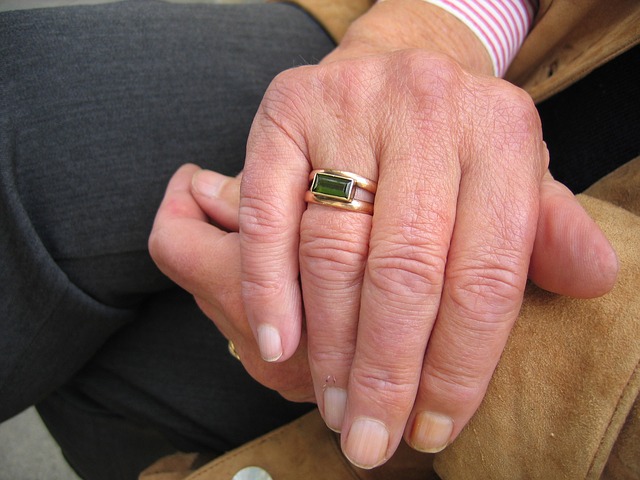
How to Recognize Complicated Bereavement Disorder
Losing a loved one is agonizing and distressing but unfortunately, it’s a common experience that most people face at least once in their lifetime. Most people experience normal grief and bereavement, characterized by a period of sorrow, numbness, guilt and even anger. These intense feelings should gradually ease as you accept the loss and move forward, perhaps engaging in bereavement services in Alameda County and elsewhere to help you cope. It still hurts and you will never quite be the same but you can at least move on and live your life.
Some people can’t do this as readily, as they are paralyzed by feelings of loss and do not improve even after a long period of time has passed. This is called complicated grief, or persistent complex bereavement disorder, says the Mayo Clinic. This happens when painful emotions are so severe and long-lasting that you have immense difficulty recovering from the loss, moving on and resuming your own life
Most people move through the phases of grief in a somewhat predictable pattern, although every person is different when it comes to the order of the phases and timing. Generally, this is the order of phases:
- Accept the reality of loss
- Allow yourself to experience the pain of the loss
- Adjust to the new reality in a world that your loved one is no longer a part of
- Engage in new relationships
If you can’t seem to move through these stages and come to some kind of peace about the loss a year after the death, you could be suffering from complicated grief, also known as complicated bereavement disorder. Treatment may be required to help you accept the loss and regain a sense of peace.
Simple vs. Complicated Grief
Grieving the loss of a loved one seems to make time stand still, tearing open our hearts and our lives. As we look for ways to make sense of what happened, we break down, we cry, we eat more or less, we can’t sleep or we sleep too much. We long for our loved one and wonder how we can ever be the same. We may seek out counseling or support groups. Over time, the pain gets a little less sharp with each passing day, although there is still a numb pain there. We eventually move on to other relationships as we accept what has happened. This is all normal with simple grief, which is not a mental disorder.
For others, that acute grief can consume their lives, becoming a chronic, debilitating mental health condition that gets worse over time rather than gets better, according to Psychology Today. In complicated grief, or complicated bereavement disorder, many things can upset the normal grieving process, such as:
- Pre-existing mental health conditions
- Multiple stressors
- Emotional dependency
- Substance abuse
- History of depression and anxiety
Complicated grief can also come on after an unexpected or sudden death of a loved one, especially the death of a child, spouse or best friend, says Healthline. Violent deaths arising from car accidents or natural disasters may also cause complicated grief. On top of that, another condition called post-traumatic stress disorder (PTSD) can also result.
A history of trauma or abuse can cause normal grief to morph into complicated grief as the mind and body both start struggling to accept the sudden loss. Professional treatment is usually required to break this cycle, typically with prescription medication and counseling.
Signs
In the first few months after a loss, many of the symptoms of simple grief mirror those of complicated grief. However, complicated grief sets in when these symptoms last for several months and years. Symptoms include:
- Extreme focus on the loss
- Focus on reminders of the deceased loved one
- Intense longing for the deceased
- Difficulty accepting the death
- Detachment or numbness
- Pre-occupation with the sorrow
- Bitterness about the loss
- Inability to enjoy and embrace life
- Depression
- Trouble engaging in normal routines
- Withdrawal from social activities
- Irritability
- Lack of trust
If you recognize these signs in yourself or in that of a friend or family member who is going through a tough time, get help. The cycle of complicated grief can be very hard or even impossible to break out of on your own. Lean on Pathways Home Health and Hospice for a wide variety of bereavement support services that range from grief counseling and support groups to workshops and memorial services. These helpful resources can help with the healing process as you learn to navigate life without your loved one.
Contact Pathways Home Health and Hospice
If you would like to learn more about our bereavement services, please don’t hesitate to contact us at 888-978-1306. We understand everyone grieves differently; for some, it’s more of a private process, while others crave networks of friends and family to meet their needs. We find that many people benefit from joining support groups or engaging in activities with others who are also grieving. Come to us for guidance.

